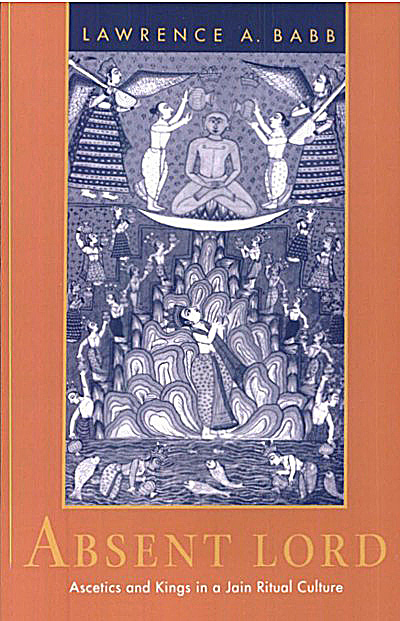What does it mean to worship beings that one believes are completely indifferent to, and entirely beyond the reach of, any form of worship whatsoever? What are the implications of such a relationship with sacred beings for the religious life of a community? These turn out to be questions that can be investigated and answered, for a very close approximation of such a state of affairs can be found in the South Asian religious traditions known collectively in English as Jainism. This book is an exploration of one of Jainism's several branches from the standpoint of the interactions - real, putative, or lacking altogether - between human beings and the sacred entities with which they attempt to build ritual relationships.
The book deals with these issues at two levels. Most of the book is a consideration of a specific Jain tradition on its own terms. As readers will come to see, to worship entities such as those worshiped by the Jains is to possess a very specific understanding of the nature and meaning of ritual. My goal is to characterize this understanding and to trace its implications for other areas of Jain religious life. My readers will, I hope, come to see that divine "absence" can be as rich as divine "presence" in its possibilities for informing a religious response to the cosmos. At the same time, however, Jain traditions exist as part of a wider South Asian religious universe. At the end of the book I place Jain traditions in a broader context by showing how they relate to ritual patterns found in other Indic traditions.
 Prof. Dr. Lawrence A. Babb
Prof. Dr. Lawrence A. Babb
